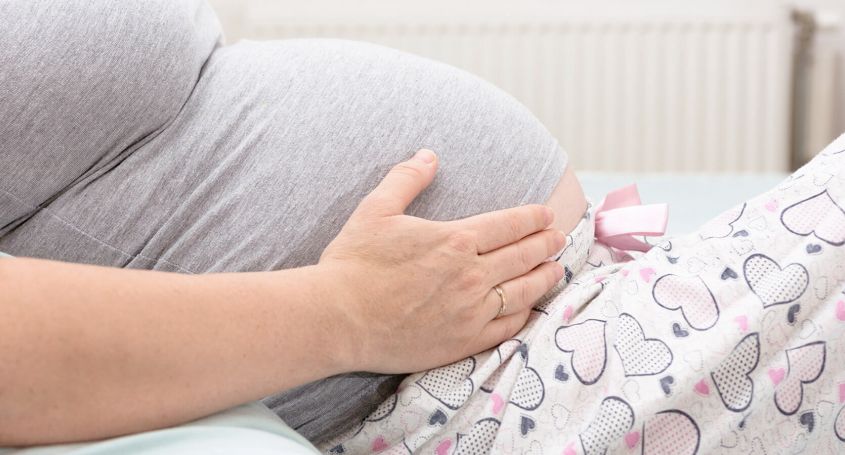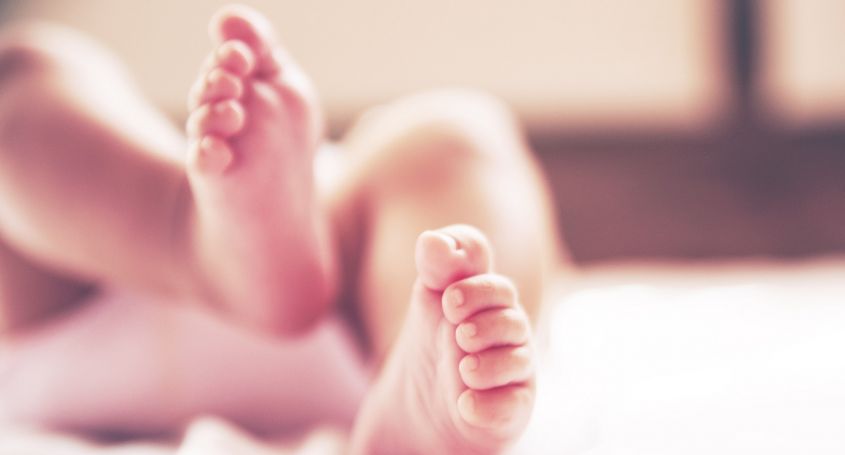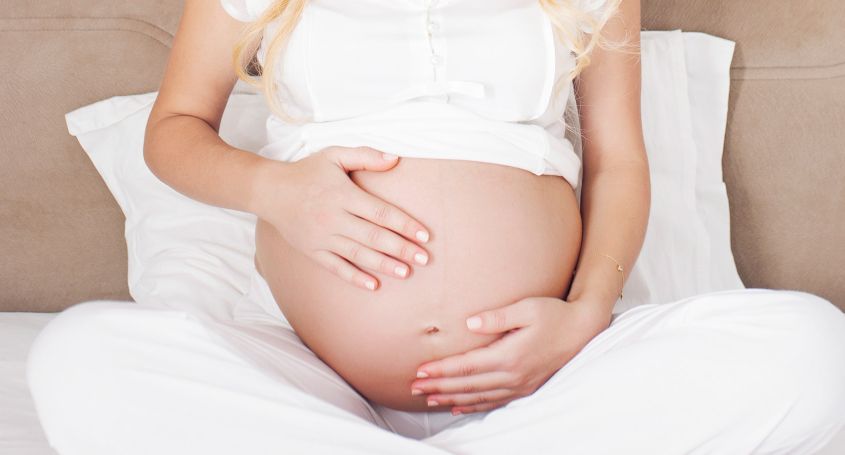Urinary infection, called cystitis, is especially common in pregnant women. These infections must be controlled, especially during pregnancy.
Why is cystitis more common among pregnant women?
Cystitis in pregnancy is caused in most cases by the bacteria E. coli. The mechanism of contamination of the urinary tract by bacteria is similar to that which occurs in non-pregnant women, with the aggravation that the enlargement of the uterus makes it difficult to empty the bladder, favoring the accumulation of urine more than usual, which increases the risk of multiplication of bacteria.
Why should you be aware of bacteriuria in pregnancy?
In addition to the reasons explained in the previous point, the hormonal changes and in the muscles of the urinary organs, the reflux of urine and the dilation of the ureters are seen to favor you, facts that increase the risk of bacteria from the bladder reaching the kidneys, causing pyelonephritis.
Pyelonephritis is a much more severe infection than cystitis, which can cause severe sepsis, so this must be prevented from happening.
How to detect cystitis in time?
Being attentive to the following symptoms is essential to treat cystitis in time and prevent it from becoming complicated:
- Pain or burning to urinate
- Need to urinate frequently.
- Difficulty holding urine.
- The urge to urinate even though the bladder is empty.
- Pain or heavy feeling in the bladder.
- Blood in the urine
Regarding treatment, always talk to your doctor and never take the antibiotics you have at home on your own. Especially in pregnancy!





















